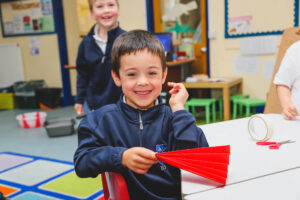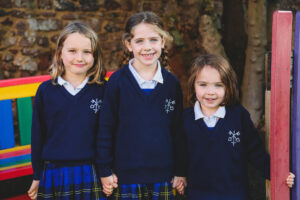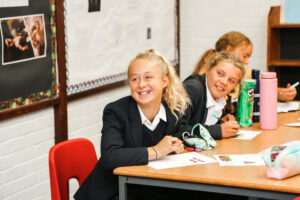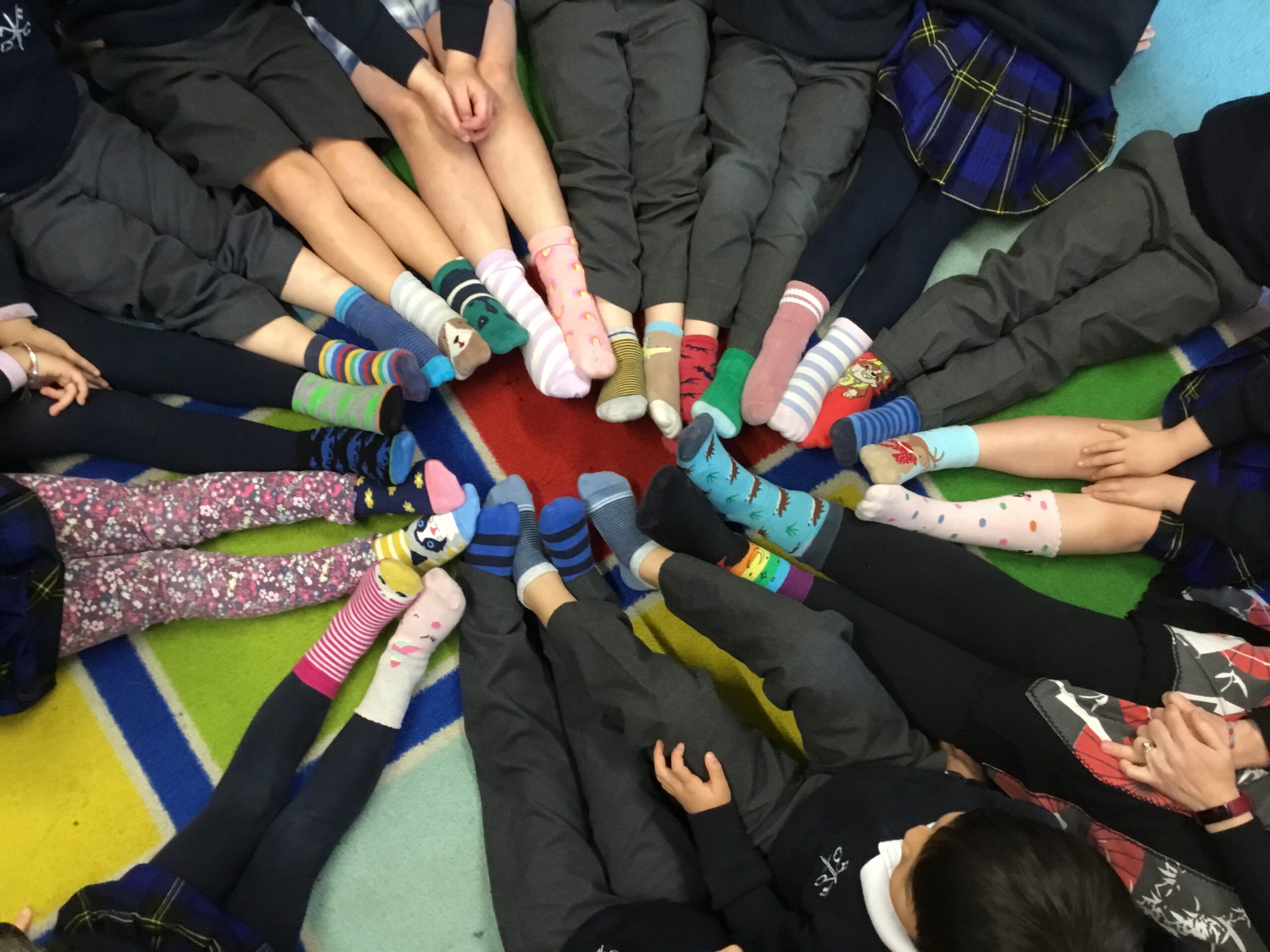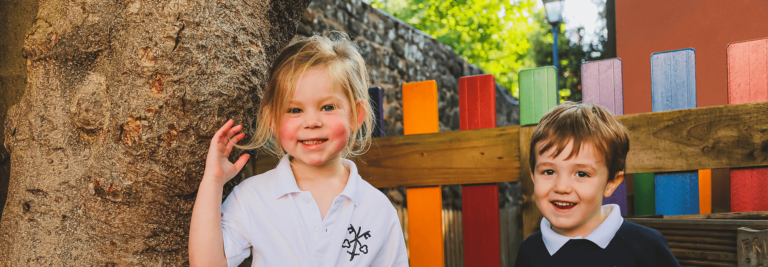“In this crisis, what do you think will happen now?”
One of the greatest challenges is responding to a question such as this that might be within your own thinking and feeling or from others including children: ‘What do you think will happen now?”
It is important to have the courage, and even clarity, to answer: “We just don’t know.” But before that, it’s worth gently asking the child to say what she or he is feeling and thinking. Listening is key! Your approach won’t guarantee security, but being intimately alongside a child is of fundamental significance.
To give an opinion could be in danger of alarming. That opinion may be an attempt to calm and deflect anxiety, but turn out not to be true. How you say, ‘We just don’t know’, can be done with compassion or it can be done with a dismissive shrug of the shoulder. Some staff and parents may be well-informed, but some images and words can enter a child’s psyche. Keep it simple and related to how the child is thinking and feeling.
Of course, there are many other questions that may arise, particularly from Children:
‘Why are Ukrainians and Russians fighting as they are so near each other?’ That demands an historical knowledge to answer adequately. The danger here is to paint an overly bleak picture for children, almost by accident. Or it may be so full of words and images that are just too much to take in. [Perhaps something like this: Sometimes people have not understood each other and we’re hoping they are getting help….]
‘Will the war spread?’ That’s a difficult one. It’s easy to be doom-laden about the answer to that, creating huger anxiety particularly with limited understanding of the highly complex histories involved. ‘There are men and women working hard right now to make sure it doesn’t’.
The News
Watching, listening or reading the news, particularly for children might be carefully handled by not leaving children on their own in front of the news. Of course, that is difficult as some children have access to smart phones, when not at school. Also, parents themselves may be more than usually tuned in.
Smart phone browsing seems a largely solitary activity. Social Media is highly prone to being a means of spreading news that it is alarming or inaccurate or both. My sense is that many young people gather their news from social media. These are platforms that want to create addictive attachments to them. Again, listen to the child and ask what he or she is seeing and reading and whether they want to talk about it. Be gentle.
Use a trusted media outlet, such as the BBC website. Yes, but even the best of them have what’s called ‘rolling 24 hour news’, which so easily deepens anxiety and dread. [The radio is reliable and, in my view, less-alarming, as it has no illustrations that show so much destruction.]
It’s helpful, I think, to avoid watching the news just before bedtime. There will be many adults who are deeply fearful of what will happen next. There is NO moral judgements in being afraid. If there’s deep anxiety, that’s quite natural, but it can be painful and enormously distracting, including from the ordinary daily tasks. Children at Exeter Cathedral School have access to many skilled adults to whom they can talk. This resource needs to be emphasised urgently and made available.
If this becomes so hard for adults to handle, talk openly to your spouse, husband, wife, partner, friend. You may also consider seeking clinical help from your doctor. Forcing your feelings entirely inside yourself will become obvious to your children as well. So personal care and gentleness towards yourselves is crucially important.
To help children
It is very difficult not to become a news-addict in such moment of crisis. I spoke to a parent who looks, reads, listens to the news constantly. She said quietly and with a tear in her eye: “I want to be prepared”. For children, this answer although of some nuance, can raise huge anxiety as the answer is too open-ended for most children not to feel that what we’ve to be prepared for is frightening and leaves deep feelings of insecurity.
Conversations about the Crisis
‘Demonising’ is an inclination in times of crisis. Children can take that easy ‘route’ as well as adults.
The obvious one at present is to speak about Russians generally and those things associated with Russia in a negative way that is dangerously alienating. It’s a sadly understandable way of dealing with those desires to blame somebody. My sense is that although Vladimir Putin’s political and military behaviour is highly dangerous, arising out of a combination of fear, loss of Russia’s greatness, and the deep humiliation that goes with that.
In calmer times, we will need to understand in what way our own role contributes to such crises. Demonising and understanding don’t go together. Of course, this is over-simplistic and is not to excuse The Russian leadership for the decisions they have made.
However, demonising Vladimir Putin, in my view only adds to the resentment and that dark sense in him, accurate or otherwise, of being backed into a corner, from where human beings are not known for rational behaviour. Even jokes about Russians and their leaders can be a means of locking us all into a narrative that can become ‘fixed’.
Russia, along with Ukraine, has produced arguably the greatest novelists of the 19th and 20th century. The world of Russian performing arts has given us all such intellectual stimulation and depth. Difficult though it may be, careful thinking and compassion are the key attitudes and indeed actions.
It may well be that I have myself been involved in ‘demonising’ conversations about our leaders in the UK. The wiser path is to be strong and honest about issues but avoid destructive language [and actions!] about people who hold different attitudes than you. Issues, not people. This is a challenging practice, but we need to start it now.
Icon
In the Cathedral Quire, there’s an Eastern Orthodox Icon at which you can pray and light a candle. By the icon is a prayer for you to use. If for you religious practice is alien, then at least light a candle. As the old cliché has it: ‘It’s better to light a candle than curse the darkness.’
Praying during this Ukraine Crisis.
You can say the repeated sentence in bold together.
Christ of Compassion, you dwell in the middle of suffering and violence.
Jesus, God of Peace, have mercy.
As we watch and listen with feelings of powerlessness and anxiety in the face of the military invasion of Ukraine, may our loving deepen for each other.
Jesus, God of Peace, have mercy.
From the heart of our prayer, we pray for those gripped by hopelessness.
Jesus, God of Peace, have mercy.
From our hearts and minds, we reach out to those who are in danger of their lives: children, the vulnerable and those who have to flee their homes.
Jesus, God of Peace, have mercy.
Come Holy Spirit to all those who work as diplomats and peacemakers. May Your Wisdom dwell in their hearts. Be with those who have painful decisions to make.
Jesus, God of Peace, have mercy.
As we pray for the people of Ukraine, Russia and Europe, may we be instruments of peace in the immediacy of our lives.
Jesus, God of Peace, have mercy.
In the Peace and Goodness of God,
Bishop Martin
School Chaplain, Exeter Cathedral School


